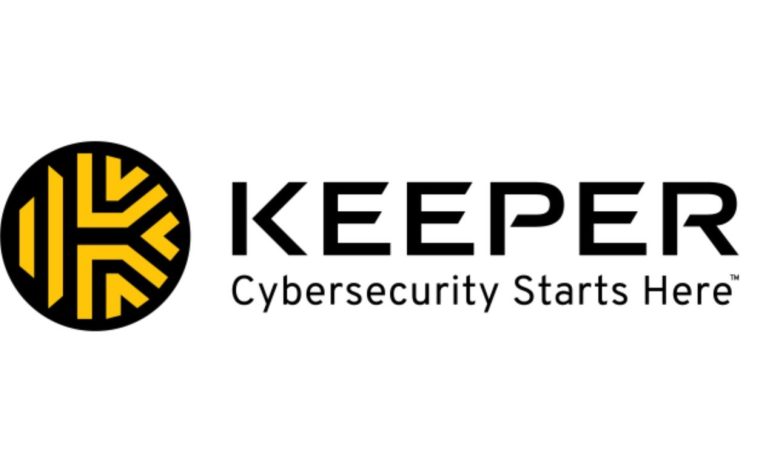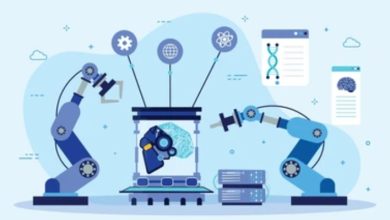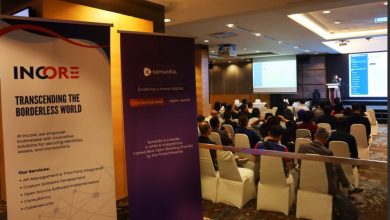Keeper Security Debuts Secure Model Context Protocol AI Agent Integration for Secrets Management
Enabling Automated Workflows Through AI Agents While Protecting Critical Stored Data

Keeper Security, the leading cybersecurity provider of zero-trust and zero-knowledge Privileged Access Management (PAM) software protecting passwords, passkeys, privileged accounts, secrets, and remote connections, has announced the launch of Model Context Protocol AI Agent Integration for Keeper Secrets Manager. The new capability enables organisations to automate workflows through Artificial Intelligence (AI) agents while enforcing strict security, access, and compliance controls.
The integration enables customers to securely connect and authorise their own third-party AI tools, such as local or cloud-based assistants, to interact with Keeper Secrets Manager under controlled conditions. With Keeper’s Model Context Protocol, these tools can retrieve or manage secrets stored in the Keeper Vault without compromising Keeper’s zero-trust and zero-knowledge architecture.
As businesses increasingly adopt AI assistants to improve work productivity, secure integration with sensitive systems is a top concern. While third-party tools may operate outside of zero-knowledge boundaries from the customer side, Keeper maintains zero knowledge of all stored data. Model Context Protocol acts as a secure, auditable bridge for this interaction.
“AI agents are becoming powerful tools for operational efficiency, but their access to sensitive data must be governed by strong controls,” said Craig Lurey, CTO and Co-founder of Keeper Security. “With our Model Context Protocol integration, organisations can adopt AI responsibly while ensuring their digital assets remain protected.”
What Keeper’s Model Context Protocol Brings
Key benefits of the Model Context Protocol include:
- Zero-Trust Design: AI agents only receive explicit access to designated folders, supporting least-privilege access models.
- Human-in-the-Loop Oversight: Sensitive operations require real-time user confirmation to prevent unintended actions.
- Streamlined Data Retrieval: Users no longer have to copy and paste information, which increases efficiency and reduces memory-based risks.
- Enterprise-Grade Logging and Compliance: All AI activity is monitored and auditable to meet regulatory and security requirements.
- Cross-Platform Support: Keeper’s MCP integration for Secrets Manager runs on Linux, macOS, Windows, and Docker.
- Admin-Controlled Enablement: The integration is disabled by default and must be explicitly enabled by an administrator in the Keeper Admin Console using the existing Keeper Secrets Manager enforcement settings.
With this integration, Keeper Secrets Manager users can allow AI assistants to perform tasks such as generating secure passwords, retrieving and updating secrets, managing file attachments and running system health checks—all within a secure, policy-driven environment.
“Model Context Protocol provides the secure framework enterprises need to confidently deploy AI agents with their secrets management infrastructure,” said Jeremy London, Director of Engineering, AI and Threat Analytics, for Keeper Security. “By implementing MCP in Keeper Secrets Manager, we’re giving organizations the ability to automate workflows while maintaining our zero-trust security model and full audit capabilities.”
Part of Keeper’s broader KeeperPAM® platform, Keeper Secrets Manager helps organizations eliminate hard-coded credentials, automate password rotation and protect infrastructure secrets. The platform is SOC-2, SOC-3 and ISO 27001, 27017 and 27018-certified, FIPS 140-3 validated and FedRAMP and GovRAMP Authorised.
To learn more about Keeper’s secure AI agent integration capabilities, visit docs.keeper.io.




